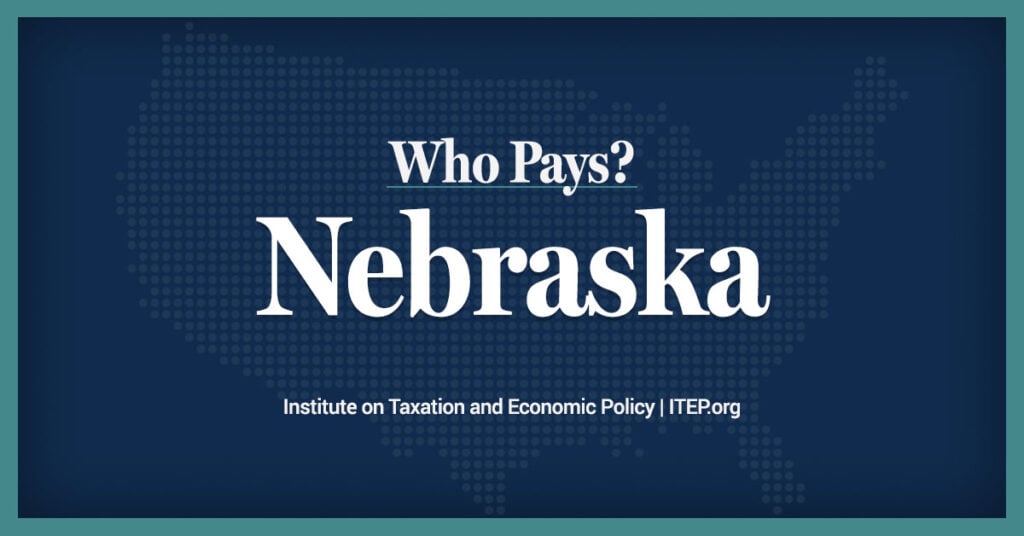By Travis Waldron on Jan 16, 2013 at 2:15 pm
Nebraska Gov. Dave Heineman (R) became the latest Republican governor to propose the elimination of his state’s income tax during his State of the State speech last night, a move that would eliminate $2.4 billion in revenues each year. To replace the lost revenue, Heineman proposed eliminating at least half of the $5 billion in sales tax exemptions Nebraska offers annually, but he did not specify which of those exemptions he wanted to eliminate, KearneyHub.com reports:
“This about the future of Nebraska,” Heineman told state lawmakers. “Nebraska has good schools, affordable homes, a strong work ethic and a low unemployment rate, but taxes are too high.” […]
He had been promising for weeks to deliver a “bold” tax plan during his address. He outlined a bold vision, to be sure, but didn’t include the rest of the story — exactly how the state would shift taxes to offset the $2.4 billion now collected in state income taxes.
Louisiana Gov. Bobby Jindal (R) and Republicans in North Carolina have also proposed replacing income taxes with increased sales taxes in their states, a move that would result in a tax cut for businesses and the wealthy while raising taxes on the poor. Jindal’s plan would give the top one percent of Louisiana residents a 2.3 percent tax cut while raising taxes on the bottom 80 percent. The poorest 20 percent would see a 3.4 percent increase.
Though the details of Heineman’s plan are still unclear, it is hard to imagine the poor not picking up the burden, since sales taxes are inherently regressive. The poorest 20 percent of Nebraskans already pay 6.4 percent of their income in sales taxes, according to the Institute on Taxation and Economic Policy. The top one percent pays just 0.8 percent. The poorest fifth of Nebraskans pay 11.1 percent of their income in taxes overall, compared to just 7.1 percent for the richest one percent. Heineman has ruled out ending sales tax exemptions on groceries, but other exemptions, such as those for hospital beds, dorm rooms, and other medical costs would level a direct hit on the state’s poor and middle-class residents.




